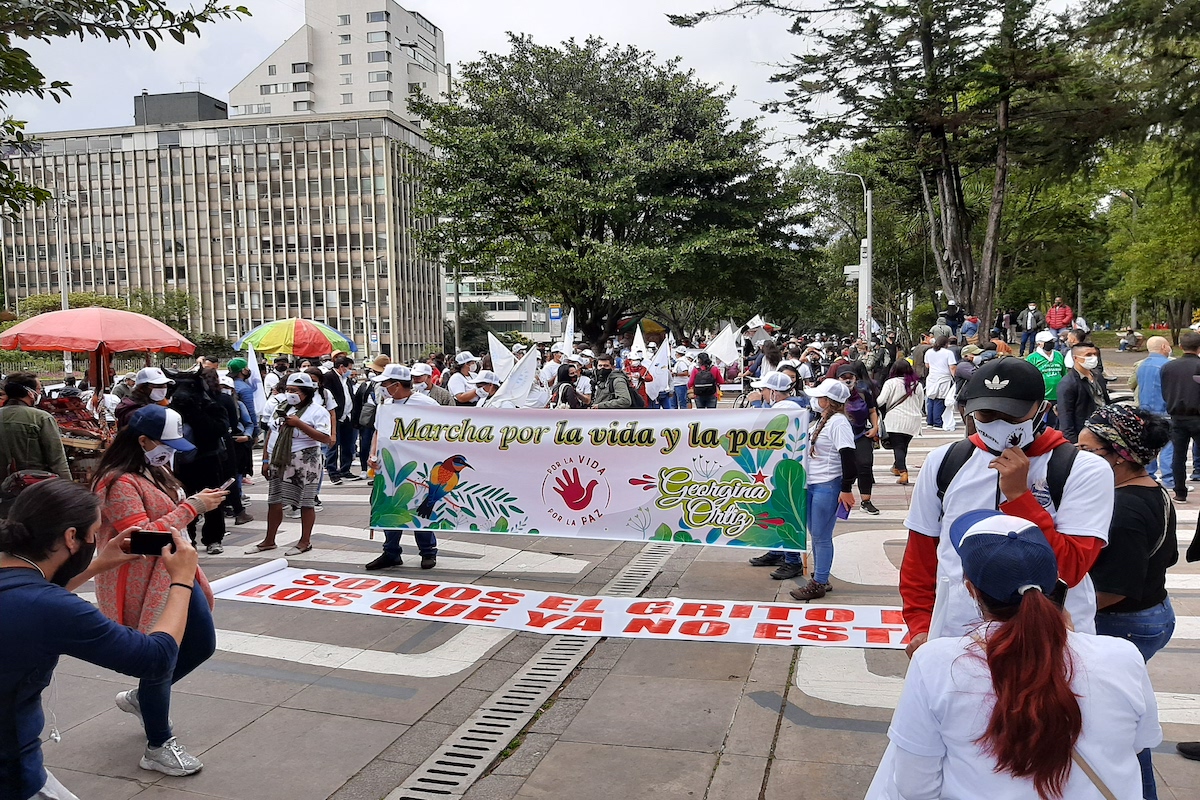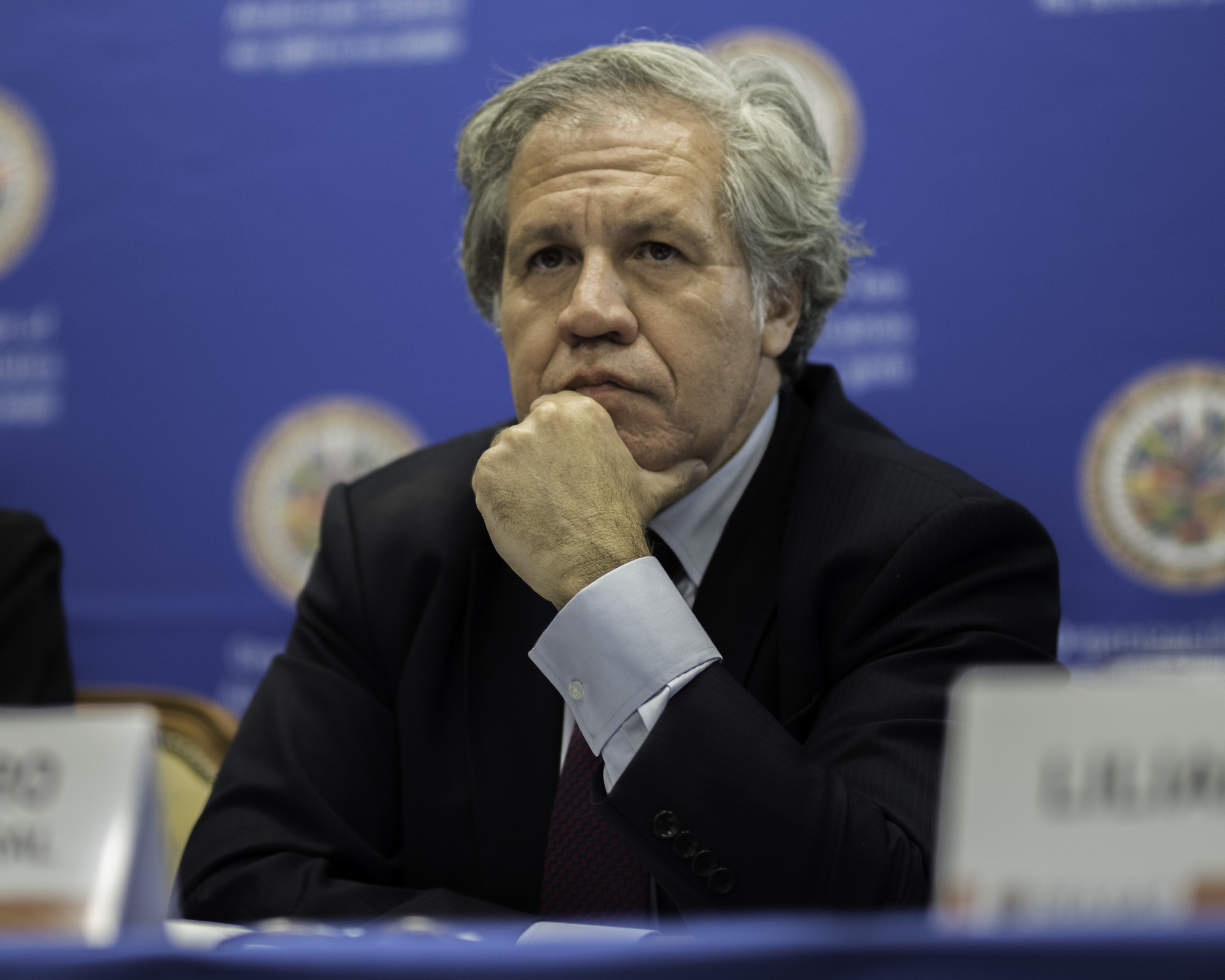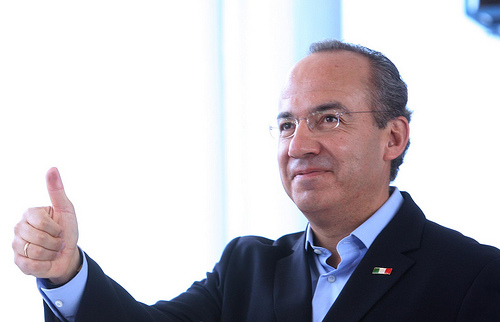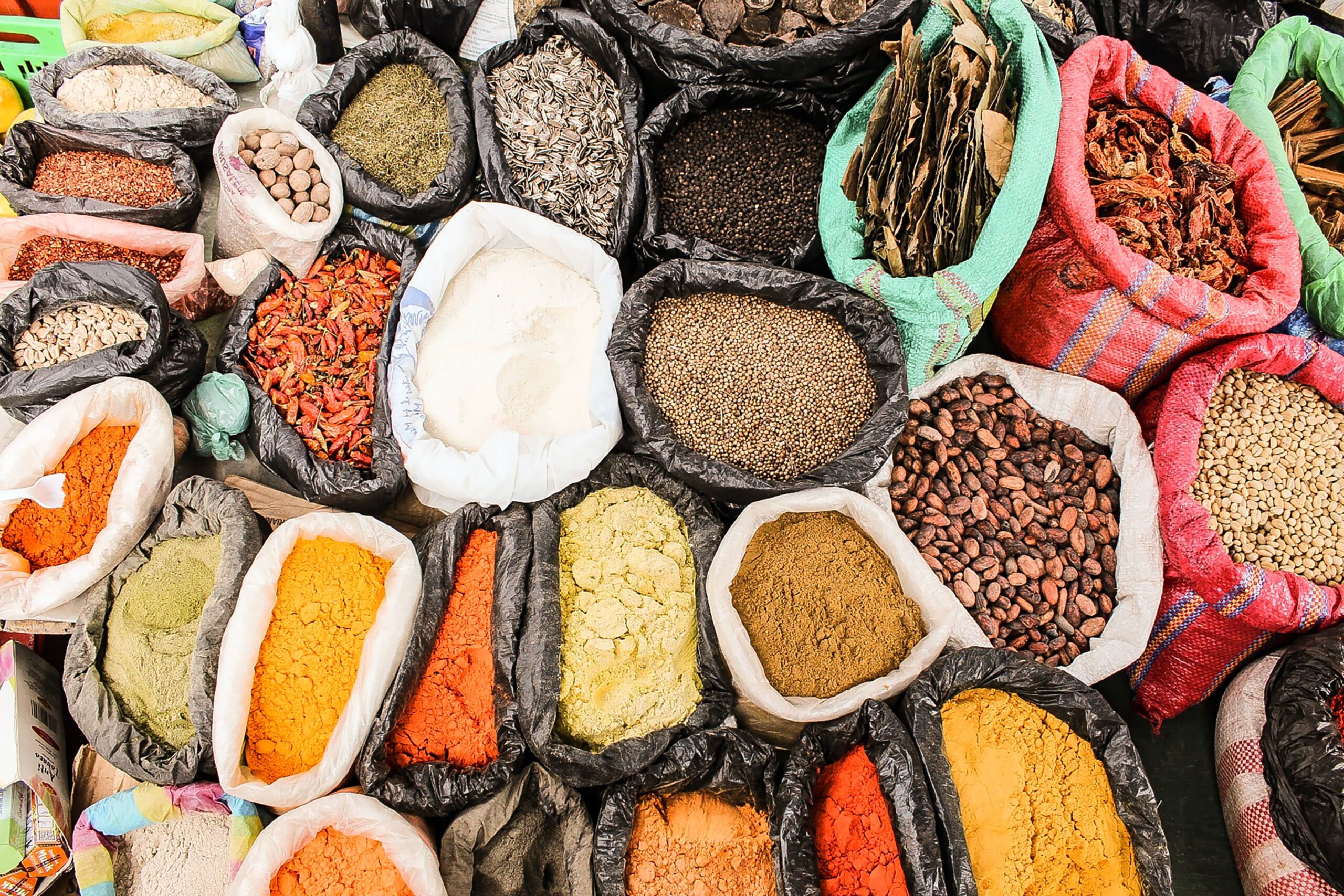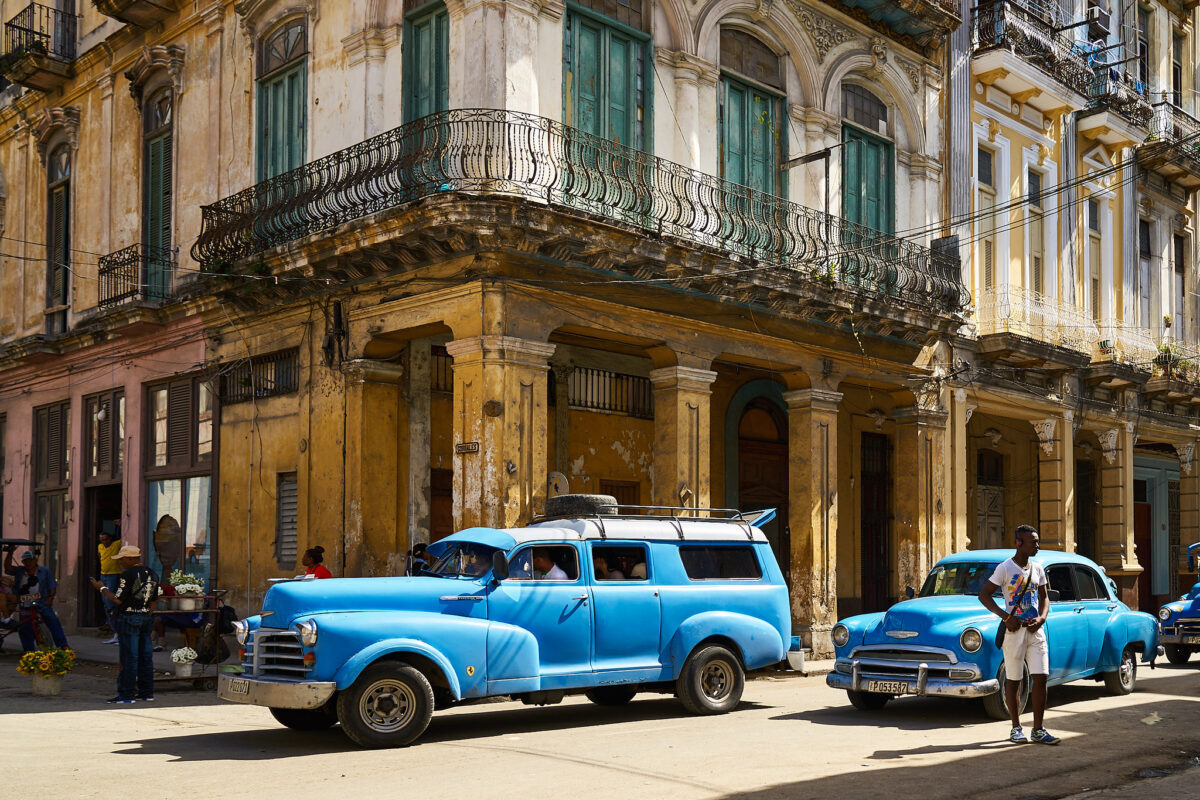
Latin America: Week in Review
Cuban Security Forces Detain Artists Who Organized Protest
December 3, 2020 By Staff
TODAY IN LATIN AMERICA
CUBA: Government security forces placed several artists and activists under house arrest on Wednesday. Luis Manuel Otero Alcántara, Claudia Genlui Hidalgo and Iliana Hernández were detained for allegedly attempting to destabilize the government via their San Isidro Movement. The activists were taken from their homes in the early morning and then returned and placed under watch. Otero Alcántara was allegedly returned to his mom’s house and placed under government surveillance despite requesting to go to his house. Their access to the internet and telephones were supposedly cut off.
The artists are all part of the San Isidro Movement, and organized a hunger strike ten days ago to urge for the release of the rapper Denis Solís. Solís had been sentenced to eight months in prison for insulting a police officer. The government has accused the activists of being supported by the United States to commit “terrorist acts.”
Headlines from the western Hemisphere
SOUTHERN CONE
ARGENTINA: Argentine prosecutors are investigating Diego Maradona’s psychiatrist for possible manslaughter following the soccer star’s death last Wednesday. In addition to raiding an apartment used by Agustina Cosachov for consultations in Buenos Aires, officers searched the doctor’s private home. Cosachov, who treated Maradona after he underwent surgery in November, said in a statement released by her lawyer that “there is peace of mind on [her] part about the medical decisions [she] made.” Police are also investigating neurosurgeon Leopoldo Luque, who, along with other specialists, participated in the brain operation in November. Nearly 30 officers raided his home and office to establish if there was any negligence in Maradona’s post-surgery treatment. Investigators determined no violence was involved in the case.
BRAZIL: A Brazil rock quarry has caused hearing loss in an Indigenous reserve — threatening the community’s health and way of life. Brazil’s Dourados Indigenous Reserve is home to the Guarani-Kaiowá people, and nearby is a mining company that uses explosives to fragment hard rock. The open-pit mine has set off earthquake-like tremors, which residents say has caused widespread hearing loss among the community. The Santa Maria mining company now triggers an alarm to warn residents of impending explosions, but with just 15 minutes to evacuate their homes, most families are left helpless. The explosions have also knocked down the community’s traditional prayer house, dubbed the Oca. Families are rebuilding this center as a symbol of Kaiowá culture for generations to come.
ANDES
VENEZUELA: Nicolás Ernesto Maduro Guerra, son of Venezuelan President Nicolás Maduro, is campaigning for a congressional seat representing the region of La Guaira. The 30-year-old politician — who is otherwise known as “Nicolasito” — spoke with The Associated Press and denied U.S. allegations of corruption. Given that the seat in Venezuela’s congress is the last institution out of the socialist party’s control, the United States and several countries consider Maduro Guerra’s shift to the political spotlight a move by his father to tighten illegitimate power. The election to fill 277 seats is being boycotted by Maduro’s adversaries under claims that it may be rigged. The United States and European Union also reject the vote. Maduro Guerra was elected to the National Constituent Assembly in 2017, a legislative body created by Maduro’s government. Prior to this position, Maduro Guerra studied economics in college and pursued music.
CENTRAL AMERICA
PANAMA: Health Minister Luis Francisco Sucre announced that the province of Western Panama will enter curfew on Friday to mitigate a spike in coronavirus cases. The curfew will be in place everyday from 9 p.m. to 5 a.m. The sale of liquor will be restricted after 7 p.m. to 5 a.m. as well. According to the ministry, the province has a coronavirus reproduction rate of 1.33.
EL SALVADOR: The Salvadoran Foundation for Economic and Social Development released a grim economic report on Tuesday. According to the report, the coronavirus pandemic and political uncertainty caused the loss of over 170,000 jobs. The population living in poverty has also increased by 670,000 Salvadorians. Local media have informed that the socioeconomic gains of 37 years have been reversed by the coronavirus pandemic.
NORTH AMERICA
MEXICO: World Health Organization Director-General Tedros Adhanom Ghebreyesus said “Mexico is in bad shape” and needs to get serious about coronavirus after the country’s death toll rose to 105,940, the fourth highest in the world. Tedros emphasized that taking the necessary measures like wearing a mask, hygiene and physical distancing is extremely important. Hugo López-Gatell, the undersecretary of Prevention and Health Promotion in the country, said the conditions of the pandemic would worsen during the winter and scolded the media for alarming the public.
UNITED STATES: Federal Reserve Chairman Jerome Powell and Treasury Secretary Steven Mnuchin on Wednesday asked Congress for coronavirus economic aid. The funds, if approved, will go towards people who have been affected by the pandemic. Powell said that it’s “very important” for Congress to provide aid because, if not, many small businesses will have to close and many people will lose their households. The Federal Reserve said last month that it is necessary to keep providing financial aid to the people, even after Mnuchin announced he was ending the programs.
